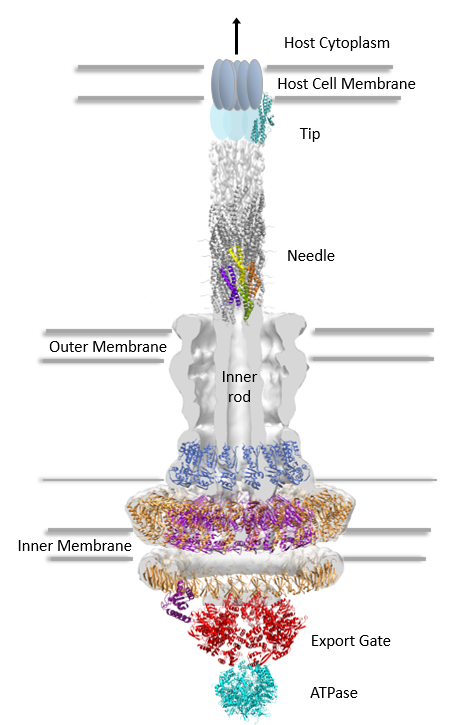

With few exceptions, in eukaryotic cells proteins are exported via the secretory pathway, which includes the endoplasmic reticulum and the Golgi apparatus.

The Columbia Electronic Encyclopedia™ Copyright © 2022, Columbia University Press. Plant secretions include nectar and various enzymes concerned with the digestion of nutrients within the plant cells. Among the excretions from the body are urine (from the kidneys), perspiration (from the sweat glands), and bile pigments (from the gall bladder). A gland may vary from a single cell to a complex system of tubes that unite and open onto a surface through a duct. Organ that manufactures chemical substances. The endocrine (ductless) glands secrete hormones that enter directly into the bloodstream (see gland gland, Certain secretions serve as lubricants, e.g., the synovial fluid in joints or the secretions from mucous membranes and from the lachrymal (tear) glands. Digestive secretions include saliva, gastric juice, intestinal juice, pancreatic juice, and bile. Some secretions perform special functions in the body (true secretions) others are eliminated as waste products (excretions). Secretions in humans can be produced by a single cell or by a group of cells commonly called a gland. Secretion, in biology, substance elaborated by the living material of an animal or plant.


 0 kommentar(er)
0 kommentar(er)
